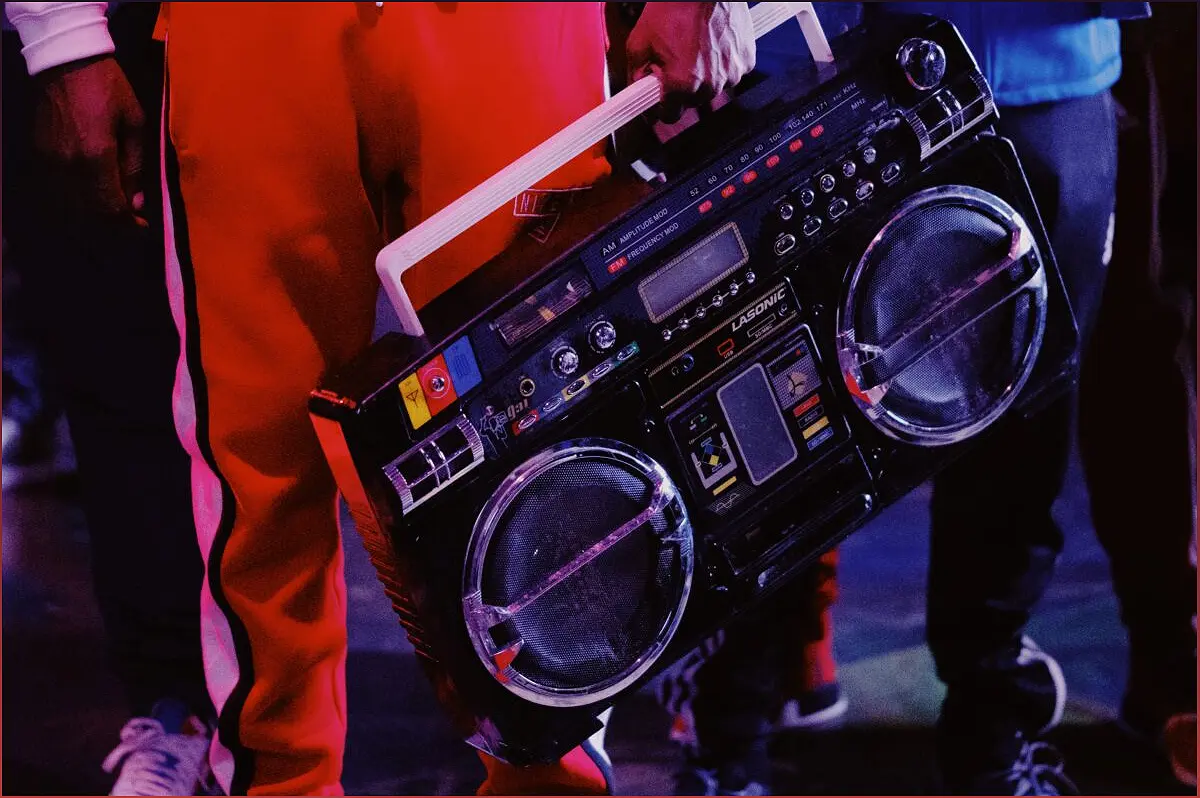In its 50th year, hip-hop continues to shape the global music landscape. South Africa has become a fertile ground where the genre's roots have intertwined with local narratives, giving rise to a unique and influential cultural force. Explore the profound impact of hip-hop on South African society, from its evolution during a time of political and social change to its role as a powerful tool for social commentary and storytelling. Join me, Jennifer Hudson, as we delve into the vibrant world of South African hip-hop.
The Evolution of South African Hip-Hop
Explore how hip-hop took root in South Africa during a time of political and social change.
During the late 1980s and early 1990s, South Africa was undergoing significant political and social transformation as apartheid crumbled. It was during this time that hip-hop found its way into the hearts and minds of the South African youth.
The genre's powerful beats, rhythmic poetry, and unapologetic storytelling resonated deeply with a generation seeking avenues of expression. Hip-hop became a voice for the marginalized, articulating their struggles and aspirations.
South African hip-hop quickly evolved, incorporating local languages, cultural elements, and a distinctive flair. Artists began weaving narratives that reflected the daily realities of township life, addressing issues of inequality, identity, and social justice.
Through the fusion of traditional African sounds and global hip-hop influences, a unique subculture emerged, giving rise to a generation of lyricists, producers, and dancers who made the streets their canvas.
The Power of South African Hip-Hop as Social Commentary
Discover how hip-hop became a powerful tool for social commentary, challenging the status quo and amplifying the voices of the disenfranchised.
Hip-hop in South Africa transcended mere entertainment and became a platform for social commentary. Artists like ProKid, HHP, and Zubz used their verses to shed light on the struggles faced by many South Africans.
Through their music, they became storytellers, narrating tales of resilience, survival, and triumph in the face of adversity. Their lyrics gave a voice to those who had long been silenced.
South African hip-hop challenged the status quo and sparked conversations about inequality, social issues, and the quest for justice. It became a catalyst for change, empowering the youth to speak up and demand a better future.
The Rise of South African Hip-Hop Icons
Explore the journey of South African hip-hop icons who have propelled the genre onto the global stage.
Cities like Cape Town and Johannesburg became epicenters of South African hip-hop, nurturing talent that would later make waves internationally. Artists like Cassper Nyovest, AKA, and Nasty C brought a fresh perspective and undeniable energy to the genre.
Cassper Nyovest, known for popularizing the Motswako sub-genre, has become a trailblazing force in South African hip-hop. His entrepreneurial spirit and infectious energy have propelled him to the forefront of the industry.
Nasty C, dubbed the 'Coolest Kid in Africa,' has garnered international acclaim with his lyrical prowess and versatile style. His critically acclaimed albums have inspired a new generation of hip-hop enthusiasts.
AKA, also known as Kiernan Forbes, is a heavyweight in the South African hip-hop scene. Renowned for his distinct flow and stage presence, AKA has become a cultural icon, influencing fashion and lifestyle trends.
These artists, among others, have not only made their mark in South Africa but have also become ambassadors for the genre on a global scale.
Hip-Hop's Cultural Influence in South Africa
Discover how hip-hop has influenced fashion, language, and political discourse in South Africa.
Hip-hop's impact in South Africa extends beyond the music itself. The culture has influenced fashion, with iconic hand gestures, graffiti art, and fashion choices synonymous with the global hip-hop scene finding resonance in South Africa.
Furthermore, hip-hop has influenced language, with new slang and expressions emerging from the genre. It has become a visual language for the youth to express their identity and a form of political discourse, providing a platform for social commentary and activism.
Recognizing the educational potential of hip-hop, initiatives have emerged to integrate the genre into South African schools. From teaching the history of hip-hop to using it as a tool for literacy and empowerment, educators have leveraged the genre's appeal to engage and inspire students.

